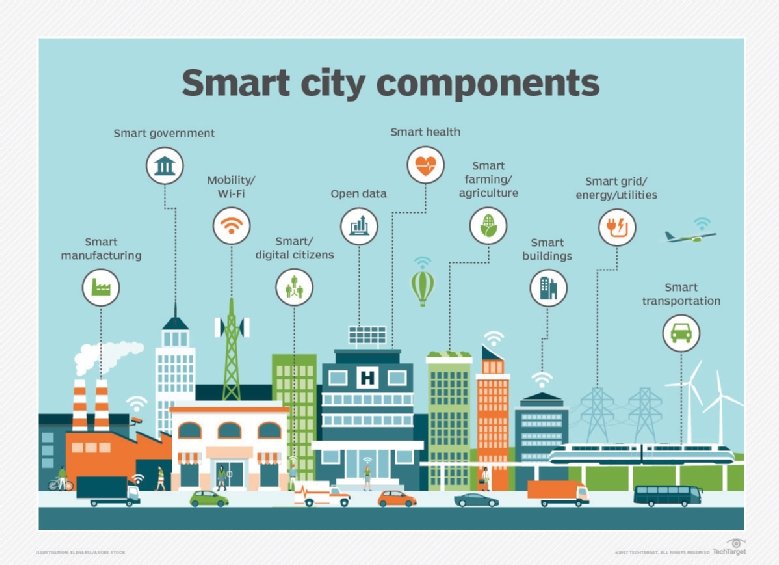|
The rapid advancement of technology has paved the way for revolutionary changes in various aspects of our lives, including the way we conduct financial transactions. Virtual currencies have emerged as a significant innovation in the digital economy, offering new opportunities and challenges. This article explores the concept of virtual currency, its impact on the global financial landscape, and the potential future it holds. Virtual currency, also known as cryptocurrency, is a form of digital or virtual money that utilizes cryptography for security. Unlike traditional fiat currencies issued by central banks, virtual currencies are decentralized and operate on blockchain technology. The most well-known virtual currency is Bitcoin, which was introduced in 2009 and has since gained widespread recognition. One of the key advantages of virtual currency is the elimination of intermediaries such as banks or payment processors. Transactions can be conducted directly between parties, reducing costs and transaction times. Additionally, virtual currencies enable cross-border transactions without the need for currency conversions or involvement from financial institutions, making it more convenient for global trade. The decentralized nature of virtual currencies also provides increased security and privacy. Blockchain technology ensures transparency and immutability, making it difficult for fraudulent activities or tampering to occur. Users can have greater control over their financial data and identity, leading to enhanced trust in the system. Furthermore, virtual currencies have opened up new avenues for financial inclusion. In many parts of the world, individuals lack access to traditional banking services. Virtual currencies offer a viable alternative, allowing anyone with internet access to participate in the global economy. This has the potential to empower marginalized communities and stimulate economic growth. As virtual currencies continue to gain traction and acceptance, governments and regulatory bodies are grappling with how to regulate this emerging asset class. Balancing the need for consumer protection and financial stability while fostering innovation is a complex challenge. Several countries have implemented regulations to ensure compliance with anti-money laundering (AML) and know-your-customer (KYC) requirements. Looking ahead, the future of virtual currency appears promising. The underlying blockchain technology has far-reaching applications beyond financial transactions, such as supply chain management, healthcare records, and voting systems. As these use cases mature, virtual currencies are likely to become more integrated into our daily lives. However, there are also challenges that need to be addressed. Scalability, energy consumption, and volatility are some of the issues that require innovative solutions for wider adoption. Ongoing research and development efforts are focused on improving the efficiency and sustainability of virtual currencies. virtual currency represents a paradigm shift in the way we think about money and financial transactions. With its potential to disrupt traditional systems, virtual currency holds promise for creating a more inclusive and efficient global economy. As technology continues to evolve, it will be fascinating to witness how virtual currencies reshape the world of finance and beyond.  |
